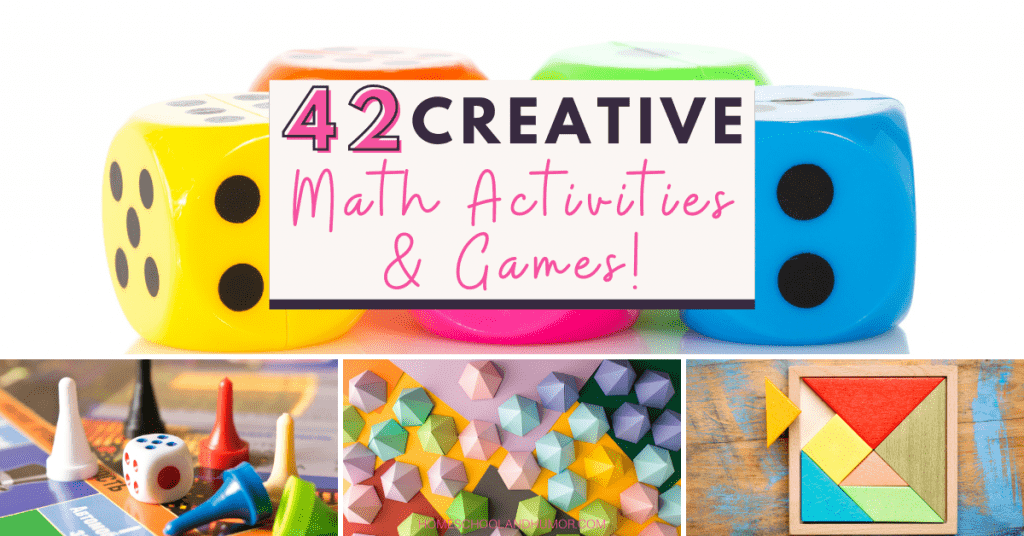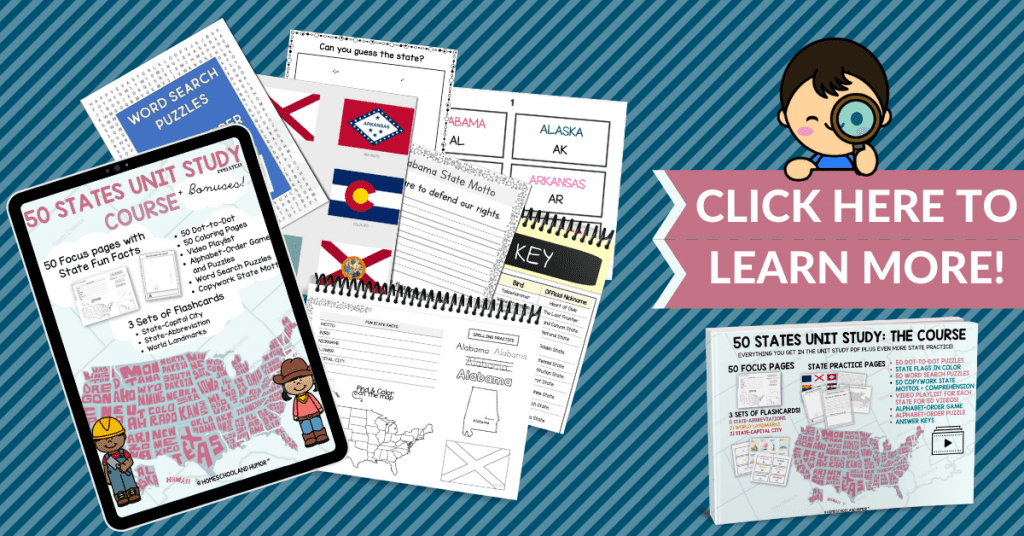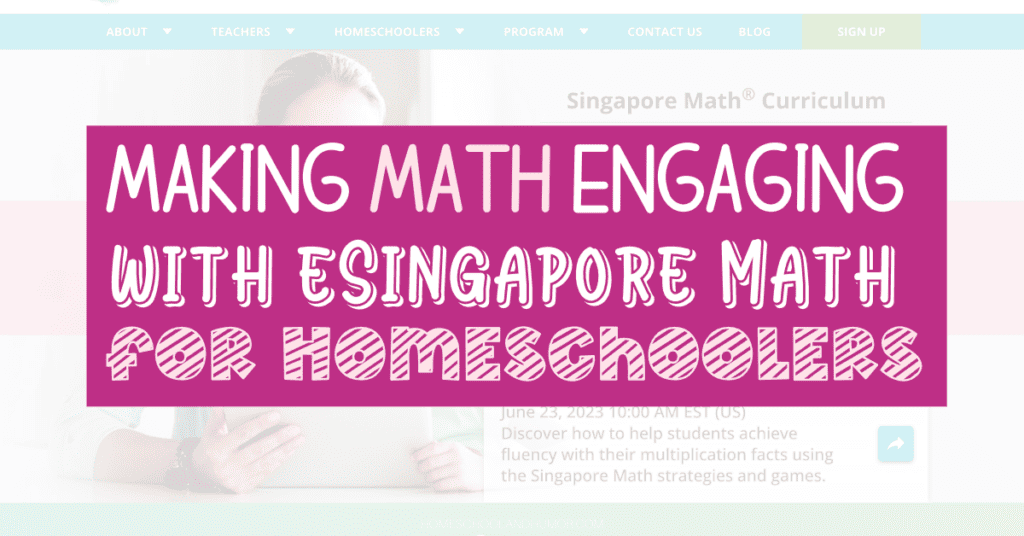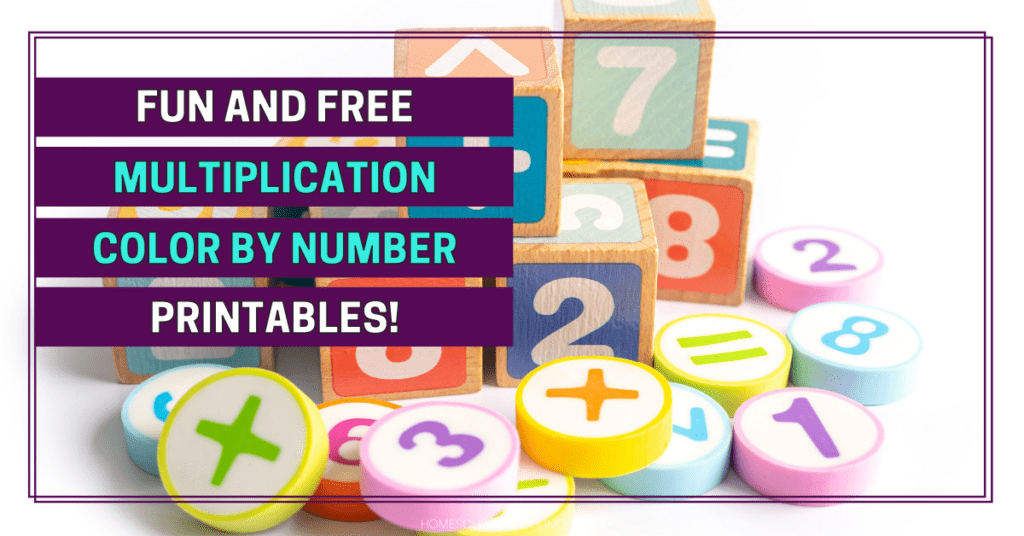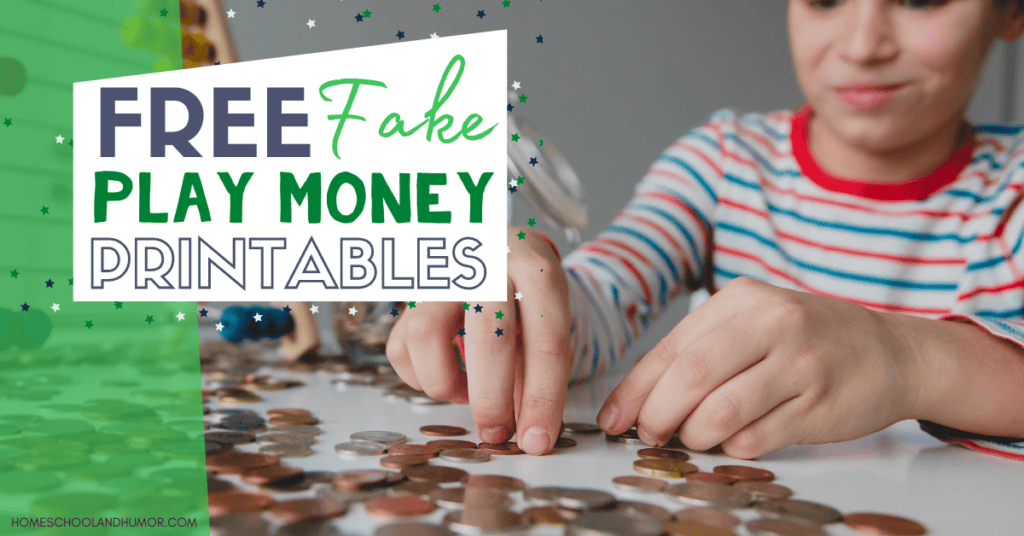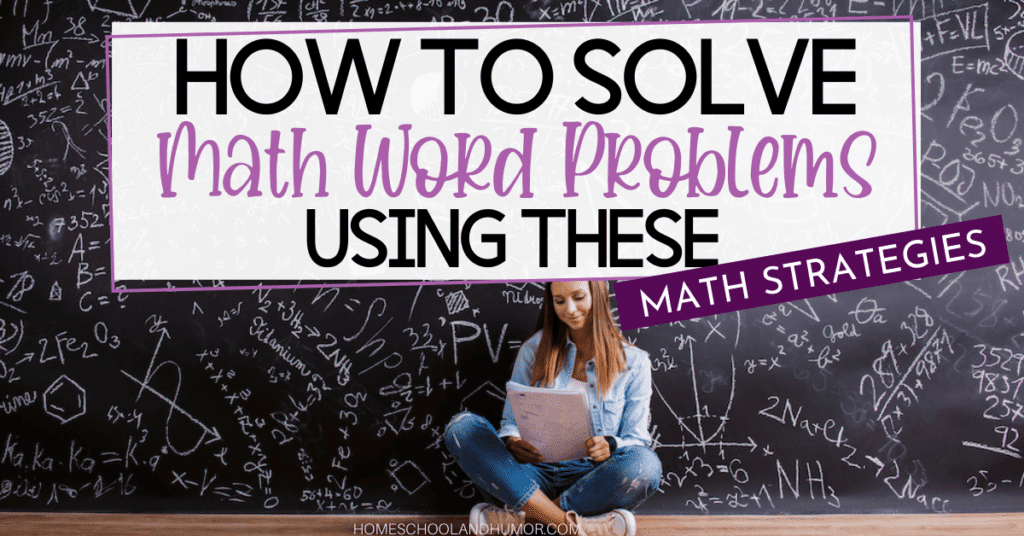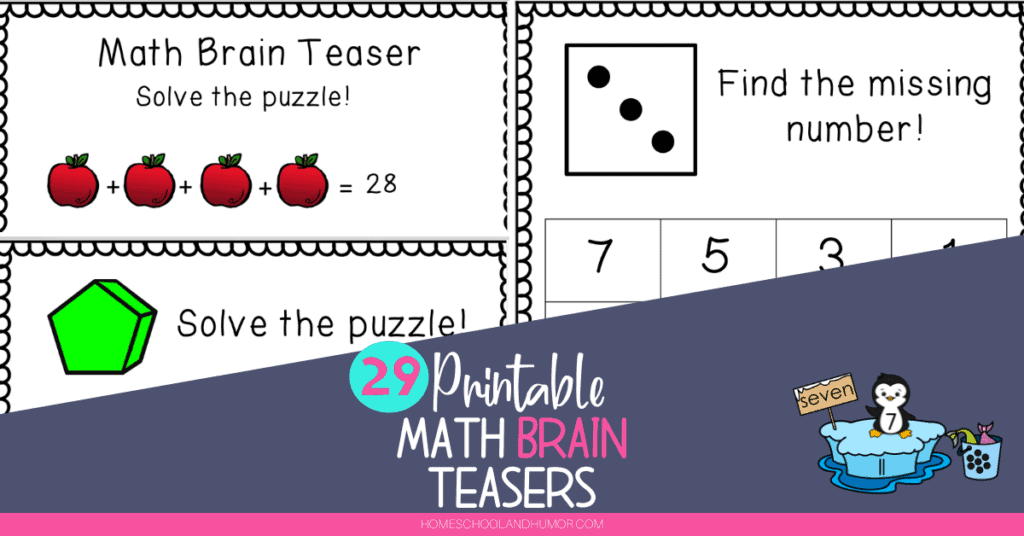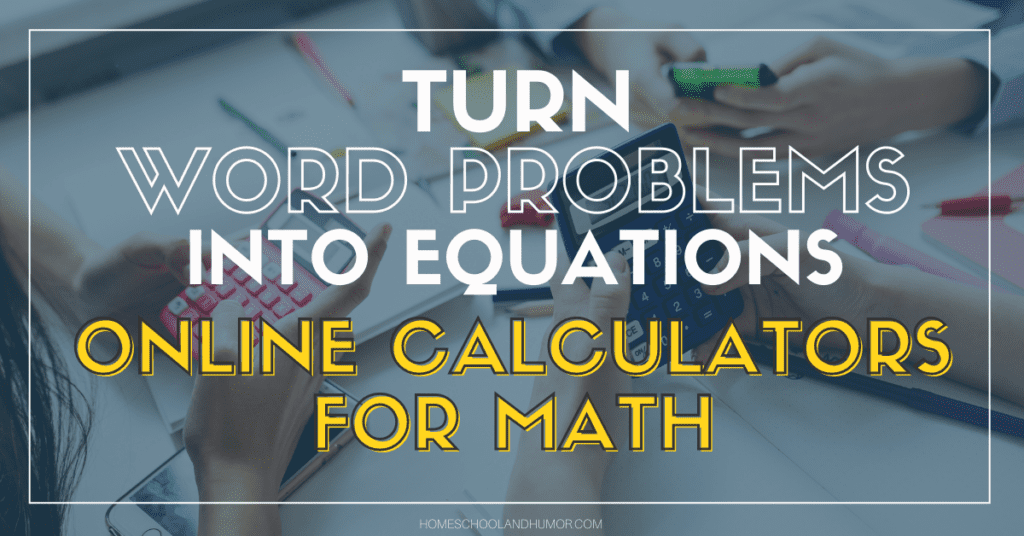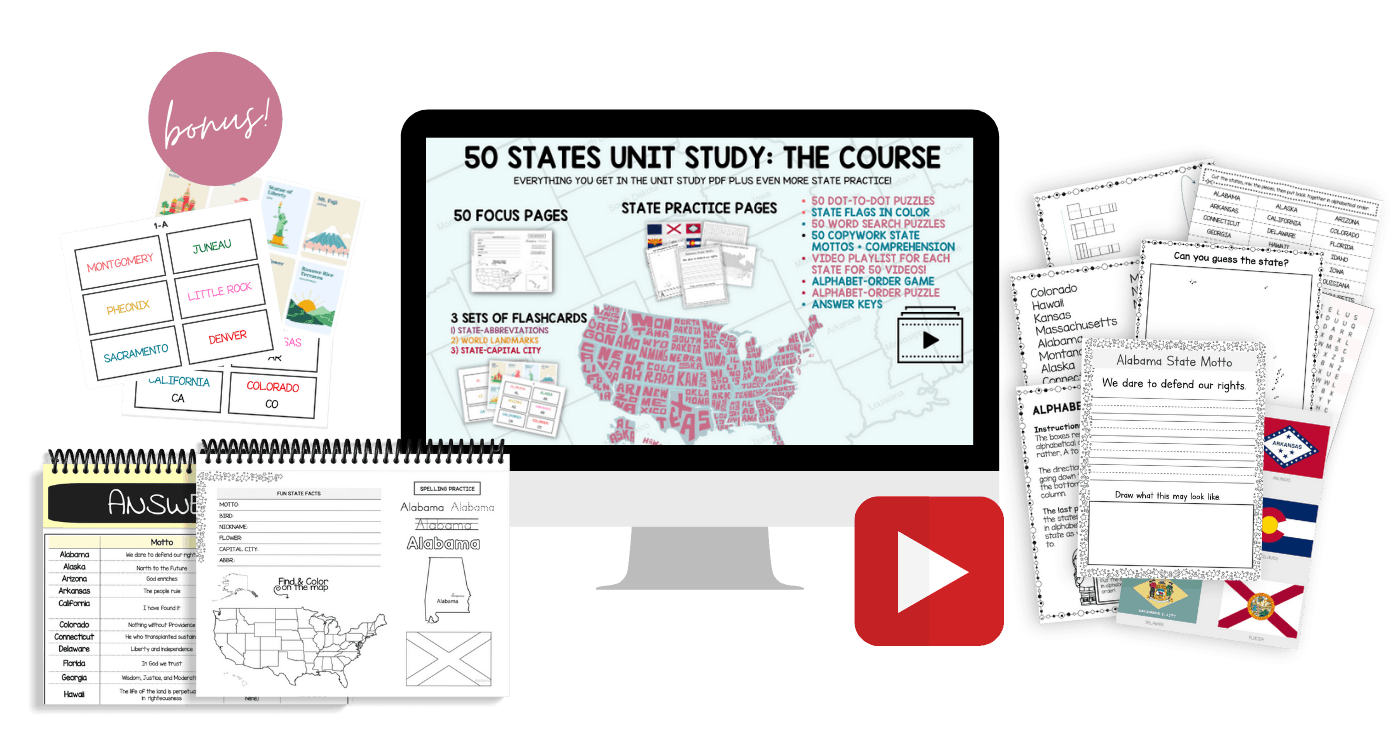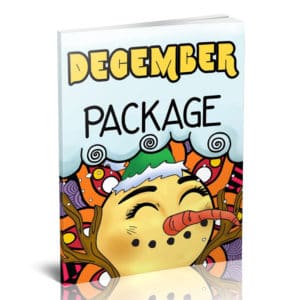From shapes to time to money to adding and multiplying, math is everywhere around us! That’s why it’s critically important for kids to practice math facts – so they’ll be equipped with the knowledge to decipher calculations among them. And there are so many different math review activities to help remember math facts, like reading books, practicing with flashcards, playing math review games, and much more!
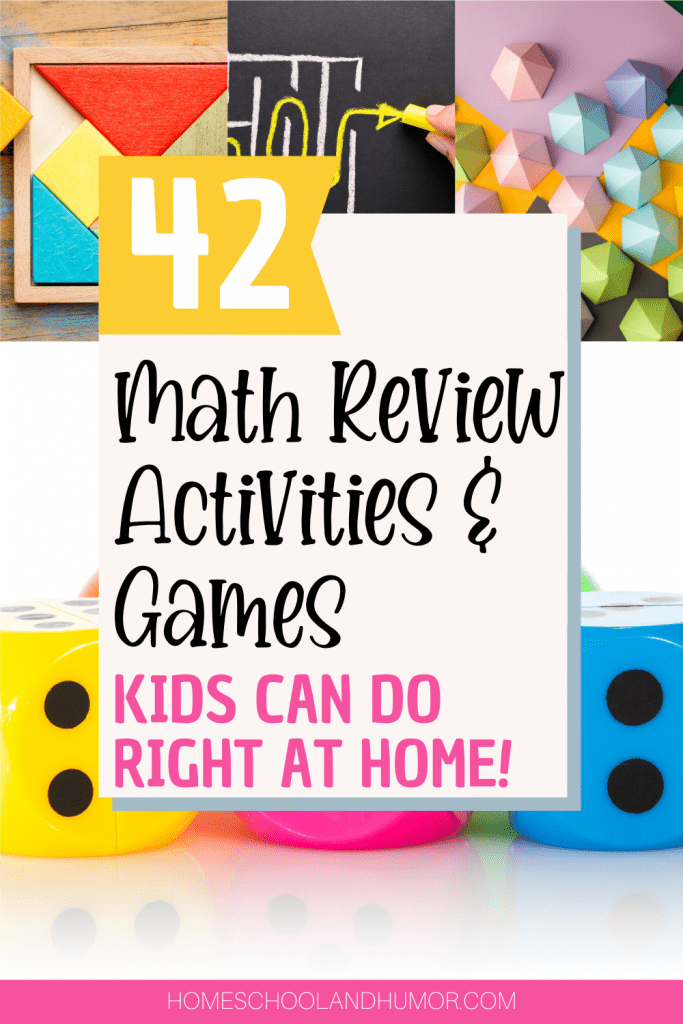
Disclaimer: You may find affiliate links within this post for your convenience. See our disclosure policy here.
If you are looking for some activities that will help your kids practice their counting math skills and number skills, this blog post is the perfect resource! It lists 42 fun and engaging ways to keep important math skills and concepts fresh for kids without them realizing they’re actually learning! Plus, I added a bonus section with additional simple activity ideas you can make yourself or play anytime without too much supplies!
Quick Navigation
42 Math Review Activities, Games, and Ideas For Your Kids To Play
There are many different types of cool math games that can be used for review, math test prep activities, end of the school year review, or just to keep kids entertained. These are a few of our favorite ways to practice math, but there are many, many more out there! Have fun and get creative with your math lessons!
1) Math Scavenger Hunt
This is the perfect way to practice a different skill each time – such a classic game! Have a simple scavenger hunt using basic math concepts. Hide objects around the house or yard and write down the equation needed to find it (e.g. “Find two items that equal six”).
Another fun way to play is by hiding math problems around the house or yard for kids to find. The first to find all the problems and answer them correctly wins! Ask them questions like “What is the shape?” and see if they can answer correctly without looking at their papers.
2) Number Memory Game
To play this game, you’ll need two different math worksheets – one for even numbers and another with odd numbers. Write all of the numbers down on slips of paper and put them in a container. Have one player pick out a number and then try to remember where it is on the other sheet. If they get it correct, they keep the paper. The player with the most papers at the end wins!
3) Adding Fractions Memory Game
This game is played just like basic number memory, but with fractions! Write down different fractions on slips of paper and put them in a container. Have one player pick out two fractions and try to remember the sum. If they get it correct, they keep the paper. The player with the most papers at the end wins!
4) Math Quiz Show
This is a great game to review new skills learned or for a quiz! Divide kids into teams or small groups, and have them take turns answering math questions. If they answer correctly, their team (whether it’s a one-person team or more!) gets to keep the point. The first team to reach 100 points (or any other predetermined number) wins!
5) Money Match
This is another great game that can be played with any age group! Give each player two different denominations of money and have them match up the coins so they’re equal. The first person to get rid of all their paper is the winner!
6) Telling Time Math Game
Clock math game – Have one player say a time (e.g. “It’s six thirty-two”) and then the other player has to say what time it would be on an analog clock.
Another way to play is have one player hide their watch (or just cover the face of the clock) and then have another player ask them what time it is. The first person to guess the correct time wins!
7) Geometry Scavenger Hunt
This game is a lot of fun and can be played with any age group! Hide objects around the house or yard that are geometric shapes (e.g. a square, triangle, circle, etc.) and write down the equation needed to find it (e.g. “Find something that is a rectangle”). The first person to find and solve all of the equations wins!
8) Shapes Review Worksheet
A simple worksheet with shapes on it will help younger kids practice identifying their shapes, like circles, squares, triangles, and so on. All you’d have to do is pick out different shapes from magazines and ask the kids to find the shape on their paper – then have them color it in! This serves as a nice little afternoon activity!
9) Math Vocabulary Match
This is a great game for older kids who are learning new math terms. Write down different math vocabulary words and their definitions on slips of paper and put them in a container. Have one player pick out two words and try to match the definition with the correct term. If they get it correct, they keep the paper. The player with the most papers at the end wins!
10) Fraction Review Game
This game is perfect for practicing fractions! Write down different fractions on slips of paper and put them in a container. Have one player pick out two fractions and try to find the sum. If they get it correct, they keep the paper. The player with the most papers at the end wins!
You can also find several fraction practice worksheets to review different types of fractions like halves, fourths, or equivalent fractions. Some of my favorite places for worksheets and teaching resources are:
You can have your kiddos identify each fraction on their sheet by drawing lines or circles around them – then have them match up a certain number with that type of fraction.
11) Math Jeopardy – Version 1
This is a great game to review any type of math concept! Write down different questions on slips of paper and put them in a container. Have one player pick out a question and answer it. If they get it correct, their team gets the point. The first team to reach 100 points (or any other predetermined number) wins!
12) Math Jeopardy – Version 2
This game can be played with any number of people. Write down different math questions (multiplication, division, addition, and subtraction) on slips of paper and put them in a container. Have one player pick out a question and read it aloud. If the student gets it correct, they get to keep the card. The first person to collect six cards wins!
13) Number Memory Card Game
This game is played just like basic number memory, but with numbers! Write down different numbers on slips of paper and put them in a container. Have one player pick out two numbers and try to remember the sum. If they get it correct, they keep the card. The player with the most cards at the end wins!
The game can be played with any number. If you want to make it harder, put negative numbers in the mix too!
14) Math War
If you have multiple kids needing to practice their math concepts, here’s a fun game. Give each one a different color marker, or divide kids into teams with one color marker per team. Have kids take turns solving problems on white boards or paper. If they get it correct, their team gets to draw a line connecting their two colors. If the student answers are incorrect answers, the other team gets to draw a line connecting their two colors. The first team to connect their two colors wins!
15) Rock Paper Scissors Math
Have your kids sit in a circle and have one of them be “it.” Player “It” has both hands in front of them like they are holding a rock, paper, and scissors. They put one hand behind their back and everyone else takes turns trying to guess which is the “it” player’s real object based on what gestures they make (one gesture for each item). If you correctly guess, then the person gets a point. The first person to earn three points wins!
16) Tower of Hanoi Multiplication
This game is best for older students. Write down different multiplication problems on slips of paper and put them in a container. Have one player pick out two problems and try to solve them. If they get it correct, they can move the problem to an empty space on their board. If they get it incorrect, then the problem is out of play. The first player to move all their problems onto one space wins!
17) Concentration (math edition)
This game can be played similarly to regular concentration except with math terms instead of picture cards. Write down different math vocabulary words on slips of paper and put them in a container. Have one player pick out two words and try to match them up. If they get it correct, they keep the card. The first person to collect all of the cards wins!
18) Number Bingo
This game is best for younger children. Write down different numbers (0-20) on slips of paper and put them in a container. Have one player pick out a number and cover it on their bingo card. Kids take turns trying to find other numbers that add up to the number that was chosen. The first person to get five in a row (horizontally, vertically or diagonally) wins!
19) Fraction Matching Game
This game is best for older kiddos. Write down different fractions (halves, thirds, fourths, sixths and eighths) on slips of paper and put them in a container. Have one player pick out two fractions and try to match them up. If they get it correct, they keep the card. The first person to collect all of the cards wins!
20) Go Fish Math
This game is played like regular go fish with math terms instead of picture cards. Write down different multiplication problems on slips of paper and put them in a container. Have one player pick out two problems and try to solve them. If they get it correct, they can move the problem onto an empty space on their board. If they get it incorrect, then the problem is out of play. The first player to move all their problems onto one space wins!
21) Pictionary Math
This game can be played with any number of kids. Write down different math terms (fractions, order of operations, multiplication facts and other math vocabulary words) on slips of paper and put them in a container. Have one player pick out two papers at once and try to guess what they are. If the student gets it correct, they get to keep the card. The first person to collect six cards wins!
22) Bump (math edition)
This game can be played with any number of kids. Have one player roll a die and move that many spaces clockwise around the board. Then, have the player draw a math problem from the container. If the student gets it correct, they can stay in their spot. If they get it incorrect, they must move back to their original spot and then take another turn. The first person to reach the finish wins!
23) Math Tic-Tac-Toe
This game is played like regular tic-tac-toe, but with math terms instead of X’s and O’s. Write down different multiplication problems on slips of paper and put them in a container. Have one player pick out two problems and try to solve them. If they get it correct, they can place their symbol in the empty square. If they get it incorrect, then their opponent gets to place their symbol in the square. The first player to get three in a row (either horizontally, vertically or diagonally) wins!
24) Math Checkers
This game is played like regular checkers, but with math terms instead of black and red pieces. Write down different multiplication problems on slips of paper and put them in a container. Have one player pick out two problems and try to solve them. If they get it correct, they can move their symbol to the other side of the board. If they get it incorrect, then their opponent gets to move their symbol to the other side of the board.
25) (a) Addition War
Players take turns drawing cards and trying to add the numbers together. The first player to reach 100 (or any other chosen number) wins the game.
25) (b) Subtraction War
Players take turns drawing cards and trying to subtract the numbers. The first player to reach 0 (or any other chosen number) wins the game.
26) Race to 20 Number Line Practice
Get a number line paper or worksheet, or draw one on a dry-erase board. Players take turns rolling a die and moving their counter along the number line. The first player to reach 20 (or any other chosen number) wins the game. This is perfect for those kiddies who struggle with the number line concept!
27) Hangman
Play hangman games for fun math review games – like hangman…but with a math twist! Choose a word problem or equation to solve, and then use the letters in the answer to form a secret word. The first player to guess the secret word wins!
28) Word Problem Bingo
Make bingo math instead of number recognition, by using equations or word problems as “bingo” cards. Have one player call out a problem and the other players mark off the answer on their boards. The first player to get five in a row (horizontally, vertically or diagonally) wins!
29) Card Games
Play games like Go Fish, Old Maid, Memory and War with a twist – use multiplication tables (or other math concepts) instead of regular cards.
For example, play a version of Go Fish with multiplication tables. The dealer gives each player five cards, and then the players ask for a card that is multiplied by their “hand” number (ex: if I hold an eight, I would want you to give me any card that is multiplied by eight). If the other person has it in their hand, they must give it to the player. The first person to get all of their cards wins!

30) (a) Dice Games
Play games like Yahtzee, Farkle and Craps with a twist – use math problems instead of numbers on the dice.
30) (b) Bunco Game – Dice Game
This is perfect for those who are looking to play Bunco in the classroom! For each round, assign a different math concept (e.g. addition, subtraction, multiplication, division). Players take turns rolling the die and trying to complete the problem. The first player to roll a six wins the round and gets a bunco!
31) Puzzle Games
Try puzzles like Sudoku or KenKen that incorporate math concepts into the puzzle.
Some puzzes could be like Addition-By-Number (instead of color by number) and just cut out those pieces to make them a puzzle!
You can also play puzzles as math games by giving the player a time limit to complete the puzzle, and then awarding point values for every correct answer. The player with the most points at the end of the game wins!
32) Math Scrabble
Use scrabble tiles to create math problems instead of regular words. A player could draw a number line and put an equation at each point. For example, if the word was “three,” they might write:
– three = four – two + one
Then, another player has to try and solve that math problem on their turn! If they get it correct, then they can mark off where the equation is on their number line. The first player to get three in a row (either horizontally, vertically or diagonally) wins the game!
33) Word Problems for Math Review Activities
Choose word problems from textbooks or worksheets to be used as fun review games. For kids, give them a time limit to answer the problem or try to race against each other if your kids are similar in age oe grade level. Have kids use whiteboards and dry-erase markers to solve problems! The that solves it correctly first gets a point (or token).
34) Online Math Review Games
Play online games like Math Blaster or The Oregon Trail that incorporate math concepts into the game. Some online math games are designed for younger kids, while others are designed for older kids. Be sure to preview the games before playing them!
35) (a) Board Games
Try classic board games with a math twist – for example, Monopoly can become Moneyopoly, and Checkers can become Checkerboard Challenge. You can play Life and Yahtzee, too, just with a math twist!
35) (b) Board Game: Math Yahtzee
This game is played like regular Yahtzee, but with math terms instead of numbers. Write down different multiplication problems on slips of paper and put them in a container. Have one player pick five problems to solve. If they get it correct, then they can roll the dice again until all their rolls are used up or time is called (three minutes total). The first person to fill out their score sheet wins!
36) Treasure Hunt
Hide math problems around the house for kids to find. The first to find all the problems and answer them correctly wins!
37) Clue
Create a math-themed Clue game, where players have to solve equations or word problems in order to determine which character committed the crime.
38) Magnetic Letter Learning Game
Make a game board yourself out of a dry erase board! This can be played with dry erase markers and a white board or on paper to practice writing letters, numbers, shapes, etc. If available, use magnetic letters to attach them easily to the game board without falling off. (See the kind we like below!) For older children, you could even play this as Hangman, where they have to guess what word you are trying to spell.
39) Dot Games
These can be played by taping down number cards or objects in rows on the floor with dots drawn underneath them until all numbers have a corresponding marker below it. For older children, play this game as Bingo using math problems instead of words.
40) I Have, Who Has?
This is a fun review game that can be played with any number of players and with any type of card, like math flashcards, vocabulary words, etc. One person will start by saying, “I have _____, who has ______?” They might say something like, “I have the letter A and who has the letter C?” The first player to call out “C” gets to keep those two cards. Each player takes a turn until everyone has had a chance to go. The player with the most cards at the end wins!
41) Multiplication or Division Race
This is best played with two players. One player chooses which operation they want to race in, while their opponent rolls two dice. The player then tries to solve the problem as quickly as possible. Whoever solves the problem first gets to move their token forward one space. If the player gets the answer wrong, then they must go back to where they started. The first person to reach the finish line (or any other chosen number) wins!
42) Scoot
Draw a number line and divide it into five boxes. Have each player pick one equation or word problem to solve on the board, and then they get to move their counter along the number line if their answer is correct! The first person to reach box #25 (or whatever other chosen space you like) wins. You can also use this game as a quiz, by giving each player a certain number of problems to solve and then they have to move their counter along the number line if they get them all correct.
BONUS IDEAS! Here are a few simple activities and games you can make yourself or don’t need too much supplies for:
- Roll dice and add the numbers together for a math review questions and answers.
- Create a maze and put math problems at different points in the path for your kids to solve as they make their way through it.
- Print out math problems and place them around the room. Kids have to find each problem before they can answer it.
- Divide index cards into two piles, half with addition facts and half with subtraction facts. Take turns picking a card from one pile and answering the question on it. If you get a fact wrong, go ahead! Just put the card back into the pile and try again later. The first player to get through both piles wins!
- Choose a math concept (like fractions or decimals) and write a list of problems on slips of paper. Shuffle them up and place them in a container. Take turns picking one out and solving it. If you get stuck, you can choose another problem instead. If you get the same fact twice, it doesn’t count – try again!
- Use a timer or a set amount of time to see how quickly your child can answer math problems before time runs out. This is especially great for older kids who are practicing timed tests at school and need some practice playing with timing on their own. For younger kids, set a time limit of one minute or less and see who can get the most questions correct in that amount of time.
- The times table is one that kids usually struggle with the most. To give them a little extra practice, create your own times table worksheet and have them identify the answers by circling or coloring! Or see who can fill up the times table sheet the fastest!
Love this list? Print it out!
Download this list of over 42 math review games and activities so you can pull it out when you need to practice math or when you need some inspiration! Just click on the red Download PDF Button at the top or bottom of this post!
There are many other math activities that can be used to review different concepts or just get kids moving around. You could have them solve problems with counters, do a word search based on math vocabulary words, even create their own worksheets using any concept they’re studying at the moment!
42 Creative and Fun Math Review Activities and Games Your Kids Will Love Playing Over and Over Again!
Math games for kids to play can help make learning math concepts more fun. These games can be played over and over again, making them a great way to review math skills. And there are printable versions of several of these math review games online by doing a simple Google search! Games like the ones on this list are good for review or to keep kids entertained. Go ahead – get creative with your math lessons!
Don’t forget to download this post as a PDF and/or grab the free 5-Minute Math Pack!
Like this post? PIN IT! Save it so you can refer back to it!
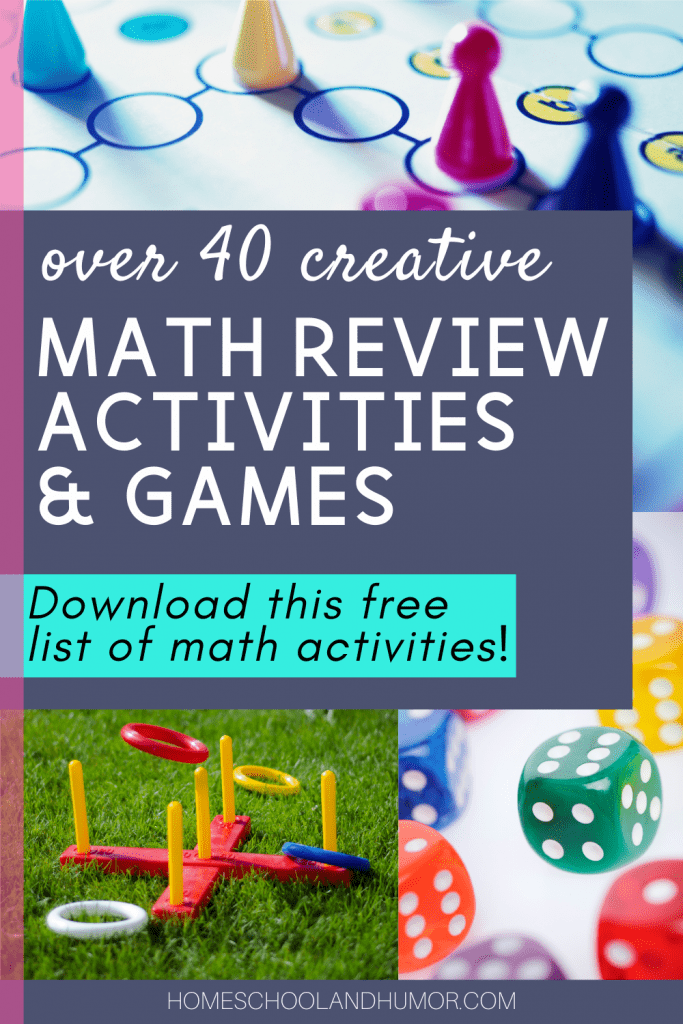
MORE MATH POSTS YOU MAY LIKE
Making Math Engaging with eSingapore Math Online for Homeschoolers
Fun Multiplication Color By Number Printables For Math Practice
FREE Classroom Fake Money Printable For Kids to Practice Money
Help Your Kids Learn How to Solve Word Math Problems Using These Strategies
29 Fun Printable Math Brain Teasers To Practice Elementary Math Skills
How To Turn Word Problems Into Equations – Calculator for Math Help
- Top 16 Indoor Games for Teens That Won’t Turn Your House into a War Zone - January 29, 2024
- Free Crafty Printable Christmas Countdown Calendars For Kids - December 17, 2023
- 12+ Very Cute Printable Christmas List Template For Kids - December 14, 2023

